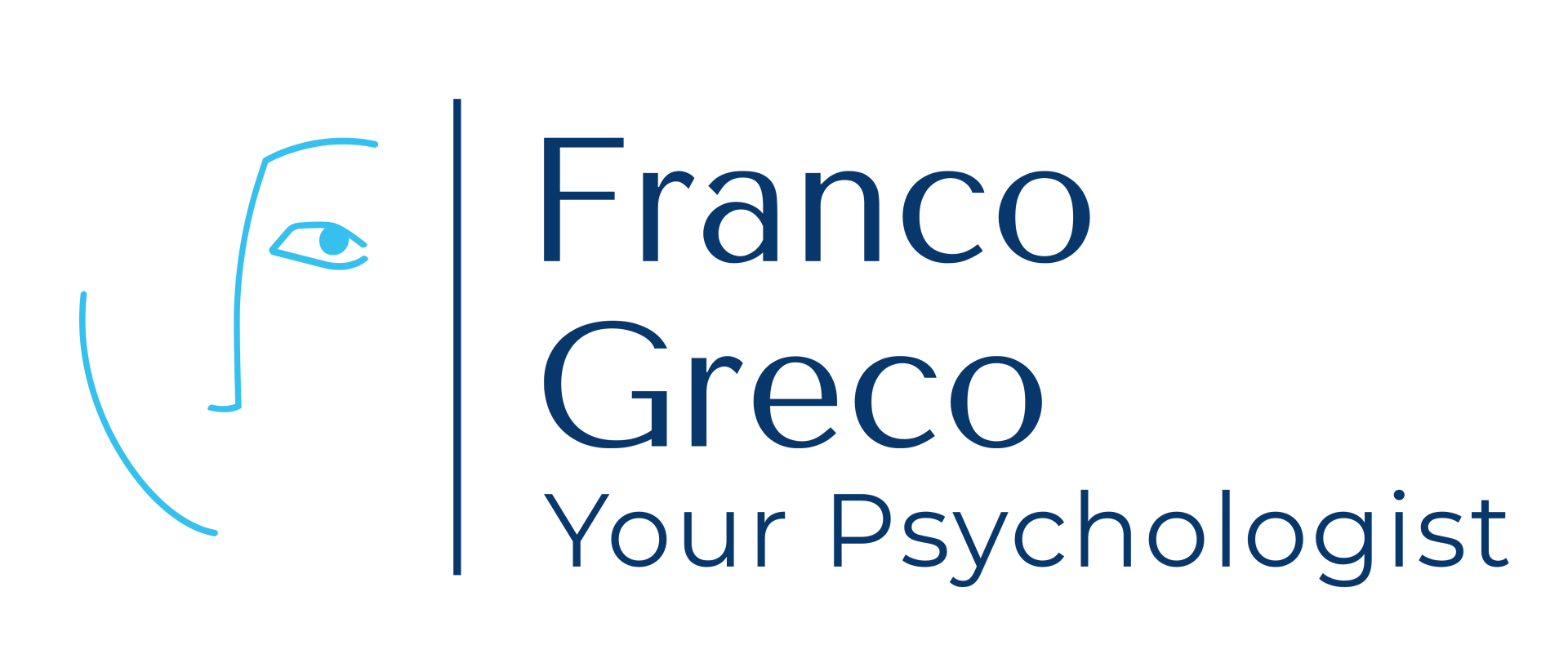Writing your story can be transformative and healing
Franco Greco • December 15, 2019
In my therapy and coaching practice, I often ask my clients to write their own stories. It can be a transformative and healing process.

When I was completing my fourth year in Psychology I undertook a study that examined how a person's life story influences their leadership style. I surveyed over 120 leaders in the private and public sectors about their leadership style and asked them to write a short narrative that covered high points, low points and turning points in their life. The story could of covered themes of redemption, generativity (giving back or leaving a legacy), barriers, their learning, their level of agency and how it impacted on them as leaders.
A key finding of the study was, whilst leadership emerges from one's life story, the interpretation that people make and the meanings they ascribe to their experiences is just as critical as the event itself. A particular finding has stayed with me and has greatly influenced by therapeutic and coaching approach.
The importance of focusing on how people derive meaning from negative events.
The study identified significant differences between leaders in terms of their leadership style and their autobiographical reasoning and meaning making associated with negative events.
Leaders who had more redemptive sequences (i.e. a bad event happened and they grew and learnt from it) had more transformative leadership styles and higher generativity.
Less effective leaders were less likely to be open to experience and grew less from the negative event. They did not have redemptive sequences and where stuck in the story. They also had lower levels of generativity.
Implication for my practice
Drawing on this study, I have modified the approach regularly in my practice, ask my clients to write their autobiographical story. I also survey them for their personality type (utilising the HEXACO six factor personality approach) and schemas (formative core negative beliefs that influence the way one sees themselves as a person).
There are a range of observations I have drawn from practice. In today's post, I would like to focus on the transformative and healing outcomes drawn from client's writing their own story.
A client's experience
I remember a client who completed their story. They talked about a how a tragedy that happened in their life as a child. By writing the story they were able to access the story in a way that they hadn’t completely understood previously. They were able to re-script it and relieve the weight of guilt that had been there since childhood.
Writing can heal
Writing your story, can bring comfort ... without diminishing painful events.
Writing can reframe the story ... it can put things in their place ... it can create a container with which you can carry almost anything that you need to carry, no matter how heavy or painful.
Researchers, have shown that writing for as little as 15 minutes per day can bring about improvements in mental and physical health. Writing about yourself and your experiences can improve mood disorders.
Behind this research is the idea that telling one’s story in written form provides the writer with the opportunity to alter his or her narrative and in the process alter themselves.
Writing and telling your story is behaviour activation
The act of writing has a way of reinforcing a sense of agency ... as you see yourself as the main character. The telling of the written story in therapy and coaching is also reinforcing.
In summary, the act of writing and telling is movement; it is change; it is renewal and redefinition; it is healing.
If you feel stuck in your story and want some guidance on how to get started you can contact me on link below:
Office Hours
Wednesday: 9am - 6pm
CONTACT ME TODAY
Thursday: 9am - 6pm
Friday: 9am - 6pm
or
SCHEDULE AN APPOINTMENT
